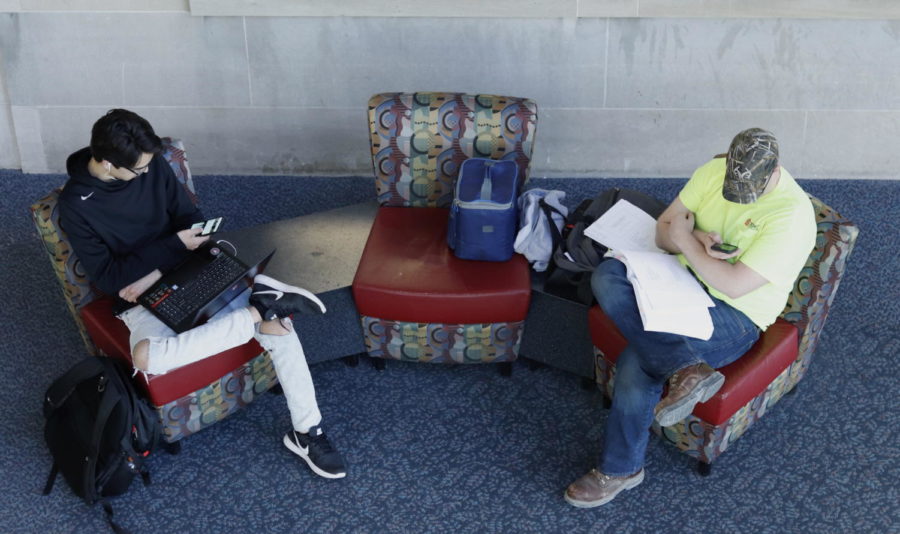Rochford: Getting through the semester as history major
Columnist John Rochford says the best way to finish homework is to use time management skills. Rochford believes the key to this is to find the best study spot for focusing and to decide how many hours you can work in one sitting (while still taking small breaks).
February 16, 2020
This column is intended for history major undergraduates, but certain aspects apply to any major in any of the colleges. I am currently a student in the history master’s program, and I am enjoying myself immensely as I begin to train and research in my areas of interest.
Much of the grad program consists of reading (anywhere from 500 to 1000-plus pages a week at some points), writing (anything from a few paragraphs to 20 or more pages) and secondary/primary research. The workload should not come as a shock, as many history and other undergraduates have heavy workloads as well, especially as one becomes an upperclassman. Below are a few suggestions that might mitigate the stress related to readings or projects you may have.
The first suggestion is simple: do your work from a place that you know your best work gets completed. For me, I know I cannot work from home; I must leave and go to Parks or Ames Public Library to put in a day’s work. Second, be realistic and choose the increments of time that you know you can handle. If you work best in the evening/night hours, do that. During the day? Do that too. How many hours at a time can you work? Two, five, eight? Do what you know you can do (and make sure to get up and take breaks).
Now that the obvious part is out of the way, how about the reading load? Take a look at your syllabi for your classes, find that absolute number of pages to read and break your reading schedule down by pages per day. For instance, I read about 20-30 pages an hour depending upon my note taking and re-reading sections (reading “slow” is OKAY). That means if I have 500 pages in a week’s time, I know if I read about 72 pages or so a day I will finish, which then means I have approximately 2-2.5 hours of reading a day, pending a short break. You can do more or less depending upon how you feel, but do not burn yourself out for the day; simply finish your goal.
In terms of research, take advantage of Parks Library and its resources. So many great and major books in various fields are there, and there are also a multitude of primary sources that we are fortunate to have.
Primary sources specifically could and will be of interest, especially for those who might be in an upper-level history course or in History 495. There are two websites that I use for my research constantly: HathiTrust and Chronicling America. HathiTrust is a digital archive and library that contains an unbelievable number of primary sources.
Right now, I am working on a project that is a comparative history of Army and Navy national strategy between the years of 1866 and 1897. I do not have to go to archives out of town; I go to HathiTrust and download my entire source base, which is ‘The Annual Report of the Secretary of War and Navy.’ All reports are there, scanned from various archives in the country. Chances are, if you use its search bar, you will find something of interest.
Likewise, Chronicling America is a website that includes a multitude of historical newspapers. Using optical character recognition, you can search for keywords and view newspapers from 1789 to 1963. These sites also offer a chance to determine whether a project or paper you have in mind is feasible within a semester.
In terms of writing (applicable to research as well), start early. Cliché? Yes. True? Yes. Get yourself to your best work environment, take a snack, get yourself in place and work. Getting over the threshold from thinking about working to working is paramount. Once you begin, it is not so bad. Hopefully it is never bad. Especially if you have chosen to be a history major; the work should be fun. The highlight of my day and many of those in my grad school cohort is getting to sit down, research and work on projects that are interesting and that we are passionate about. Use some of these methods to overcome what can sometimes be an overwhelming experience.







